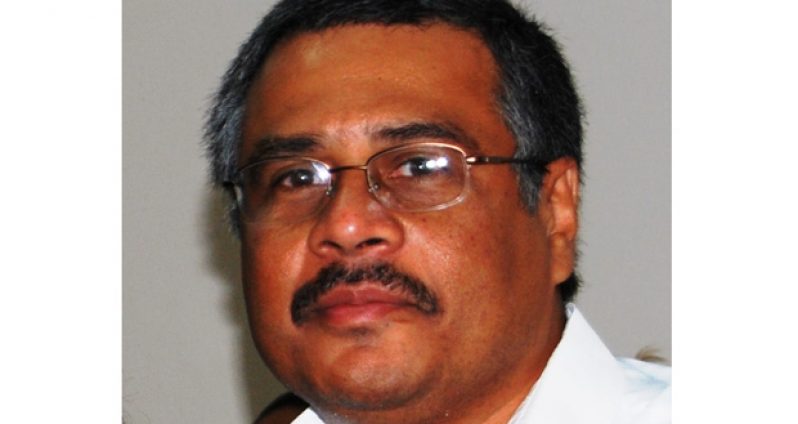— ACM President
By Ravin Singh in Barbados
THE political, social and cultural environment in the Caribbean is not the most hostile to press freedom in the international arena, President of the Association of Caribbean Media workers (ACM), Wesley Gibbings says.Last year, the Caribbean performed favourably in the 2015 World Press Freedom Index which evaluated a total of 180 countries spanning five continents. The index, crafted by Reporters Without Borders (RWB), highlights the worldwide deterioration in freedom of information in 2014. Threatened by wars, RWB is of the view that media freedom is in retreat on all five continents, given the growing threat from non-state operatives, violence during demonstrations and economic crises.
Further, it was pointed out that there was a drastic decline in freedom of information in 2014 and two-thirds of the 180 countries surveyed for the 2015 Index performed less well than in the previous year. The annual global indicator, which measures the overall level of violations of freedom of information in 180 countries year by year, has risen by 3,719, an eight percent increase over 2014 and almost 10 percent compared with 2013.
The World Press Freedom Index ranks the performance of the countries according to a range of criteria, including media pluralism and independence; respect for the safety and freedom of journalists; and the legislative, institutional and infrastructural environment in which the media operate.
GUYANA
And evaluated based on these criteria, Guyana – the lone English-speaking country in South America – ranks 62nd; having moved from 67th in 2014. Meanwhile, regional counterpart, Jamaica, was the only Caribbean country to register its name in the top ten list of the index, while neighbouring Suriname managed to secure 29th. Trailing one step behind Suriname is Belize, while the Eastern Caribbean marked its name at 39th. The worst performing country was the Dominican Republic which sits directly behind Guyana at 63rd.
SELF-CENSORSHIP
And given this position of the region on the international plane, Gibbings is of the belief that the Caribbean does not offer the most hostile environment for press freedom in the world. According to him, there exists any number of social and cultural antecedents that militate against systemic respect for such a right. “My view is that small size and volatile economic conditions pre-dispose us to a high level of self-censorship while direct censorship involving music, books, media and movies have not witnessed broad and vigorous opposition in the past,” the ACM President said.
Further, he noted that actions to restrict the practice of independent journalism do not often cost journalists in the region their lives, but there is a loss of livelihood. “Economic and political forces cohere too easily to punish errant practitioners and their media houses and to reward those who undertake to keep in line,” he added.
IT’S A CHALLENGE
But according to him, the struggle for protection of the free press is just as steep a challenge as it is in many areas where the threats are more violent. But these, he says, are aimed at the same objective of silencing journalists. Commenting on press freedom yesterday, during an IMPACT Media Law Seminar being held in Barbados, was Managing Director of MEDIAROBERS and regional journalist, Julian Rogers. Presenting on the topic, “Educating the public about its rights”, Rogers noted that the media should be free from political interference and be geared towards keeping the public informed. “We have a responsibility to keep the public informed,” he said, but “how we do that is up to us, and it is a challenge.”



.jpg)








